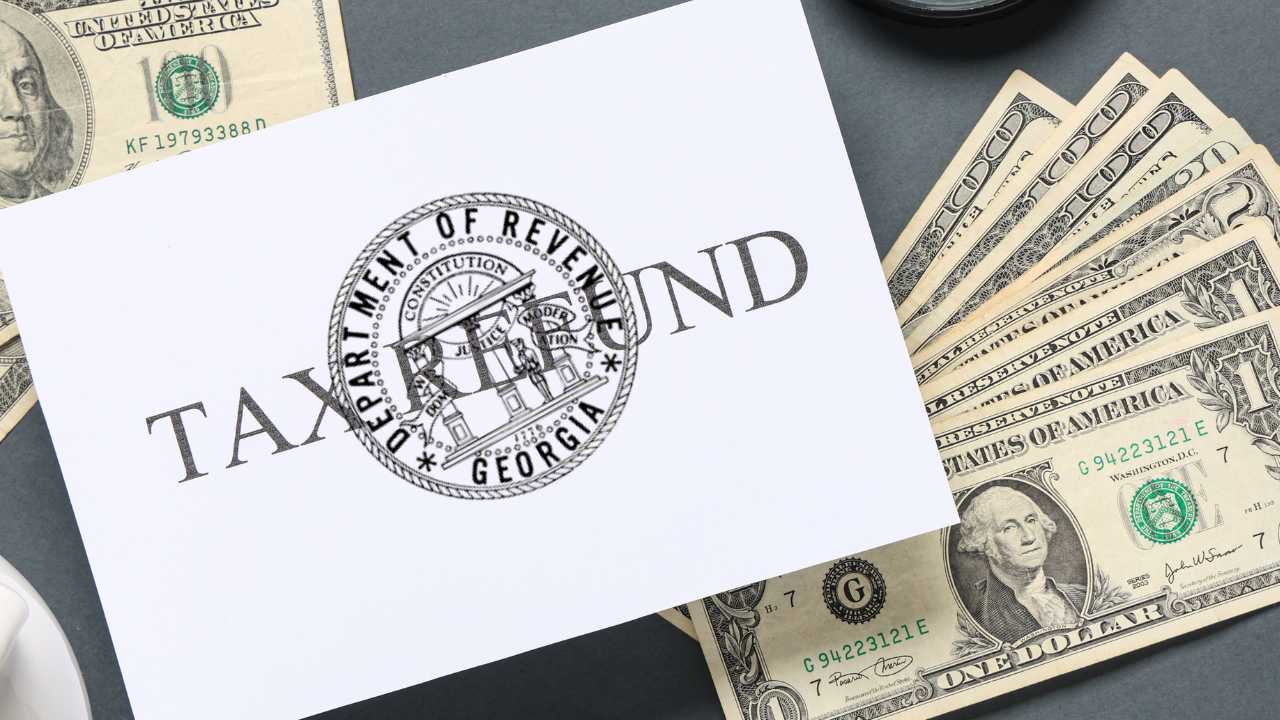The Georgia Surplus Tax Refund is a state effort that sends part of a budget surplus to taxpayers. This budget surplus came from tax income that was more than expected, helped by economic factors such as inflation. The plan was given the go ahead by HB 112 and announced by Governor Brian Kemp. The payment is in 2025 as a one time help with taxes. It is a state rule, not a federal help plan.
For many people who can get it, the tax refund is sent automatically, without the need to fill out another form, if they have already met their tax filing rules. Anyway, let’s take a little tour around all the data you must know about these tax refunds and who can get it.
Georgia Surplus Tax Refund: What You Need to Know
To get the 2025 Surplus Tax Refund, you need to meet two key tax forms. First, you have to have filed your Georgia income tax return for tax year 2023 by the April 2024 deadline or under a valid extension. Second, you need to have filed your tax return for tax year 2024 by May 1, 2025, or by October 15, 2025, with an extension.
The main thing is having a reported tax amount on those returns and not being claimed as a dependent on a federal return. It’s also required being in the state or having taxable income in the state. The refund count is based on the taxpayer’s federal Adjusted Gross Income (AGI) as of their 2023 return. Taxpayers who have not filed their 2023 or 2024 returns might still do so to see if they can get the help. The Georgia Department of Revenue DOR handles these cases after the fact, but payments might be slow.
How to check your eligibility
You can verify your eligibility and check the status of your refund at any time using the online tool available through the Georgia Tax Center (GTC). The amount you receive is determined by your tax filing status from the 2023 return. The refund amounts are fixed as follows:
- $250 for Single filers or those Married Filing Separately.
- $375 for Head of Household filers.
- $500 for couples filing a Joint return.
These payments are issued automatically, with the program distributing funds to an estimated 5 million eligible taxpayers.
It is important to be aware that the Surplus Tax Refund is considered taxable income at the federal level for the 2025 tax year. You will need to report this amount on your federal Form 1040 when you file next year. However, the refund is not subject to Georgia state income tax.
Please note that the Department of Revenue may withhold all or part of your refund to settle outstanding debts owed to state agencies. This can include past-due state taxes, penalties, or child support obligations. The DOR will notify you if an offset occurs.
How are the tax refunds disbursed
The Georgia Department of Revenue uses the information from your most recently filed tax returns to process your refund. If you provided your direct deposit information on your 2024 return, you will receive your payment electronically. If not, a paper check will be mailed to the address the DOR has on file.
The initial wave of payments began in June 2025 for taxpayers who filed their 2024 returns by the May deadline. For those who filed with an extension, including individuals impacted by Hurricane Helene, refunds are being issued in subsequent waves. As of the third week of October 2025, many of these payments are still in transit.
High processing volumes and necessary security checks can lead to longer wait times. If you have not yet received your refund, your first step should be to ensure your mailing address and bank account information are current with the DOR. Any inaccuracies should be corrected by contacting the department through its official channels.







